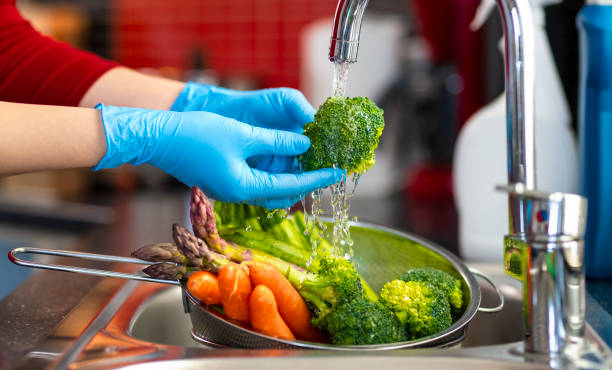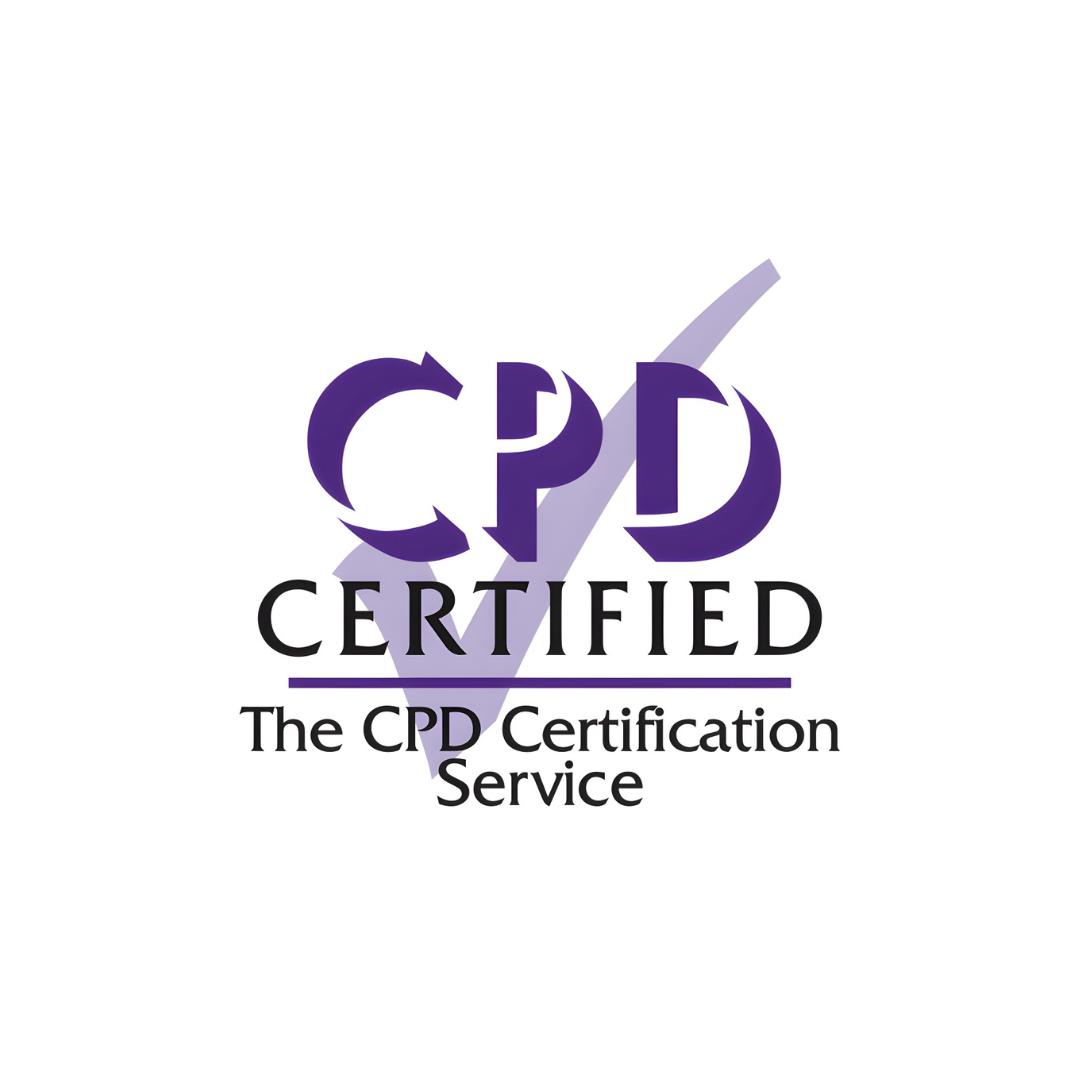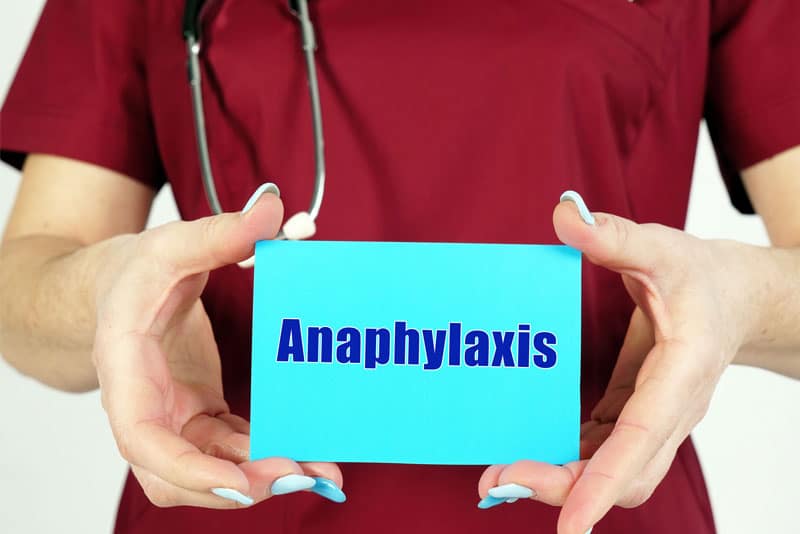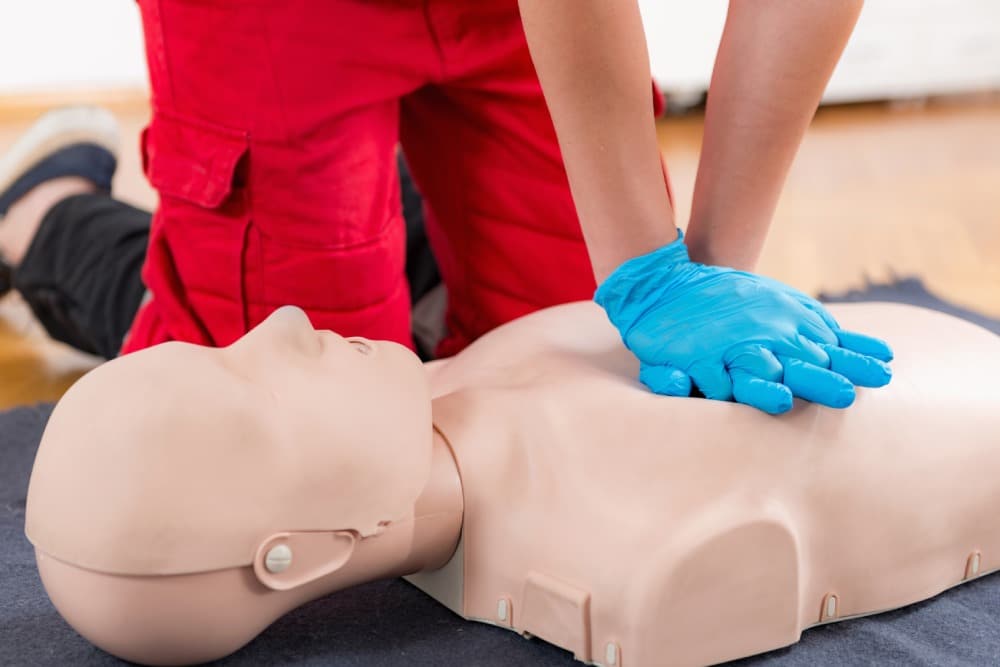This comprehensive training module on Food Hygiene in Healthcare equips healthcare staff with essential knowledge and practices to ensure food safety for vulnerable patients. It covers legal and regulatory standards, the 4 Cs of hygiene, safe storage and preparation, personal hygiene responsibilities, and how to handle food safety incidents. Designed to meet NHS and national requirements, it reinforces the critical role of every staff member in safeguarding patient health through proper food handling and hygiene protocols.
Food Hygiene
This comprehensive training module on Food Hygiene in Healthcare equips healthcare staff with essential knowledge and practices to ensure food safety for vulnerable patients. It covers legal and regulatory standards, the 4 Cs of hygiene, safe storage and preparation, personal hygiene responsibilities, and how to handle food safety incidents. Designed to meet NHS and national requirements, it reinforces the critical role of every staff member in safeguarding patient health through proper food handling and hygiene protocols.

1 Hours

Mobile friendly



